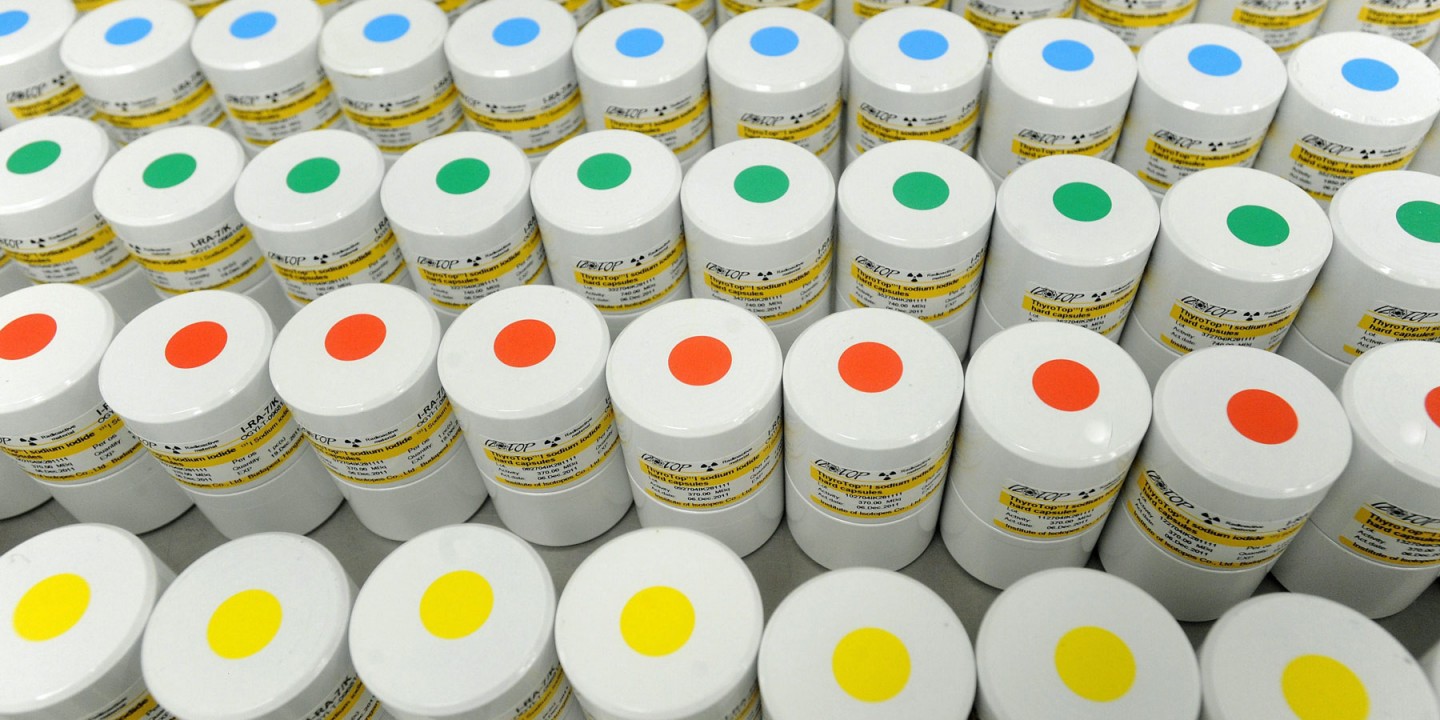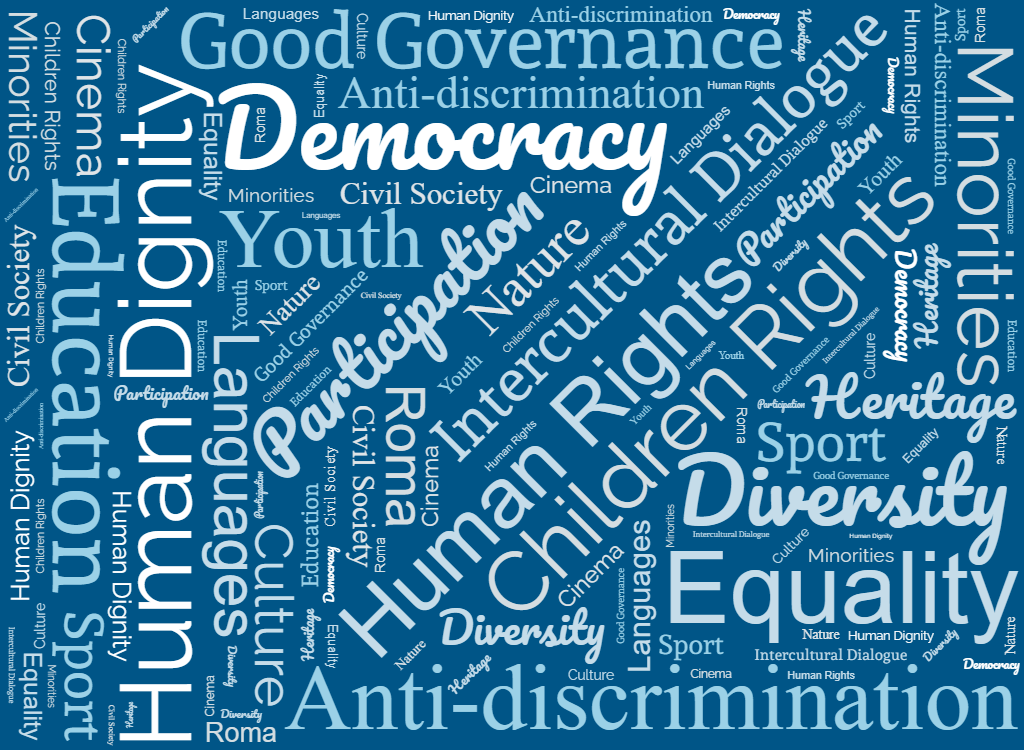Trafficking of counterfeit or falsified medicines and medical devices is a multi-billion euro business which puts vulnerable patients’ health and lives at risk the world over. Remember the scandal concerning Poly Implant Prothèses (PIP) breast implants: filled with a substandard silicone-gel, unsuitable for humans, and missing protective barriers? Other examples of dangerous, counterfeit or falsified medical products sold in Europe include: the contact lenses which failed to correct short-sightedness and caused inflammation of the cornea; a dietary supplement, unauthorised for sale, which falsely claimed to help treat cancer; and, stolen cancer medication that was manipulated and re-introduced into the legal supply chain with falsified certificates.
Patients given wrongly-described medicines or products containing badly-tested, unapproved ingredients are in danger. The absence or incorrect dose of active ingredients means they are not receiving the treatment they need, which can be fatal. Athletes and bodybuilders, using anabolic steroids to enhance their performance or appearance, take serious risks. And, people buying unauthorised products directly from illegal online pharmacies have no guarantees about the products’ safety. Problems apply too to veterinary products for animals.
Up to now, traffickers have been attracted by the low risk of interception and relatively low penalties compared, say, to trafficking in narcotic drugs. But the Council of Europe’s Medicrime Convention, which comes into force on January 1, is set to change that by providing a legal framework for world-wide co-operation to crack down on counterfeit and falsified medical products – that is, both medicines and medical devices – which endanger health. It is the first, international, legally-binding agreement to criminalise and prosecute counterfeiters of medical products. As such, it fills a legal vacuum.
States which accede to the convention must ensure their national legal systems criminalise the manufacture, supply or distribution of such products and the making of false claims about them. This is new.
The convention is comprehensive in scope, covering: counterfeit or falsified medicines and their ingredients, medical devices and their accessories as well as related documents, and products which have not been authorised for use where required.
In addition, it deals with the protection of victims and national and international co-operation between health authorities, the police and customs officers.
The purpose of the convention is to protect public health; not patents, brands and trademarks. Notably, no pharmaceutical organisation was involved in its drafting and, it covers both branded and generic products, as counterfeits or falsifications of both can endanger public health. By treating both on the same footing, it will also help ensure that the public can benefit from safe and affordable medicines.
The Council of Europe’s work in this field is already well-known to specialists. As part of its anti-counterfeiting strategy, the Organisation’s European Directorate for the Quality of Medicines and Health Care, which has just celebrated its 50th anniversary, is setting up a secure database of ‘fingerprints’ for active substances used in medicines, which will help experts detect counterfeit products. It sets globally-recognised quality standards for medicines and their ingredients, with which the pharmaceutical industry is obliged to comply. And, its network of laboratories in 33 countries test about 600 marketed medicines every year and produce over 300 analytical reports on illegal and counterfeit products. The Medicrime Convention complements this work. It is open to any State in the world and I urge all governments, who have not already done so, to accede as rapidly as possible.
The right to protection of health is guaranteed by the Council of Europe’s European Social Charter. Health is fundamental; a human right. While governments procrastinate, patients using counterfeit or falsified medical products may suffer needlessly; others may die. This, in turn, can diminish people’s faith in our public health systems and institutions, which ultimately undermines our democracies.




